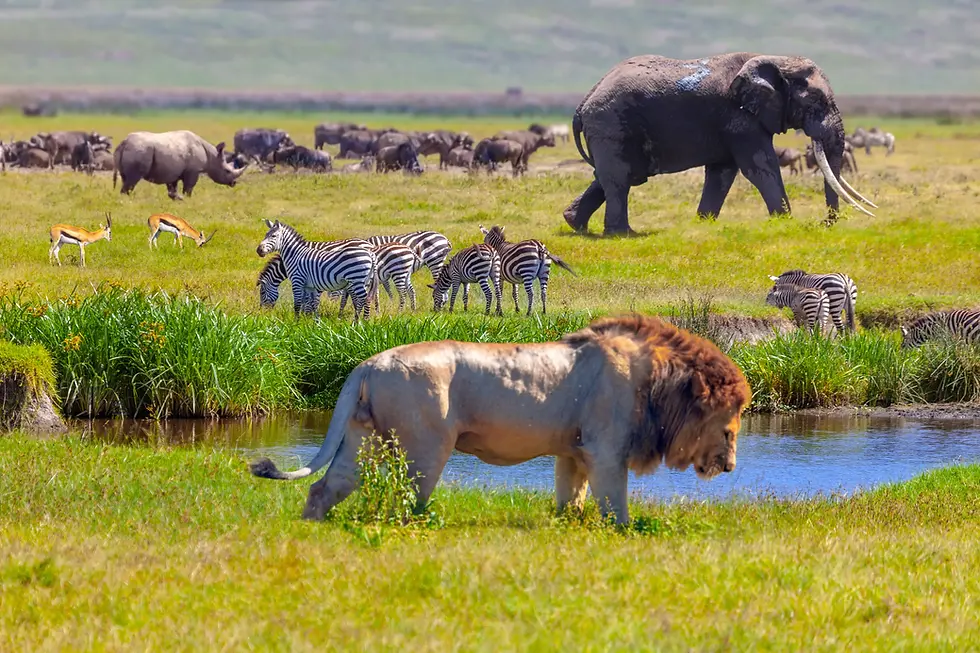Pollution in the Water
- Joanna Xiao
- May 26, 2025
- 2 min read
Water is essential to survival because it’s what people use for drinking, cooking, farming, and cleaning. However, water pollution has been a big problem for humans and animals.
Billions of tons of pollution waste end up in the ocean every year, and it’s practically indestructible. There are cans, toys, and plastic bottles all sitting in the ocean, building piles and piles of pollution in the ocean. We and many marine mammals have been impacted by this human-caused pollution.
Animals often see litter and plastic bags as prey, such as squids or jellyfish. As a result, they try to eat this floating litter, but end up having a blocked digestive system. Moreover, if not seen for food, these marine mammals can die from entanglement. For instance, ghost nets have been known to trap and drown many marine mammals that come too close to them. If the plastic isn’t removed, these animals can face terrible infections that can eventually lead to death. “81 out of 123 marine mammal species are known to have eaten or been entangled in plastic, and all seven sea turtle species are affected. (Mayne, 2023).” If we continue to pollute, we may encounter the extinction of animals. Biodiversity diminishes more and more.
Now, how does water pollution affect us, even if the water is salty? Polluted marine water can harm the seafood and fish we eat if those animals eat toxic chemicals. We eat them, and those chemicals can enter our bodies. Swimming at beaches can be dangerous if the water is polluted.
So, to conclude, pollution affects wildlife in ways we can’t even imagine. We must take action. Some things we can do are reduce ocean pollution by recycling, hosting cleanups, reducing single-use plastics, etc. No matter who you are, you can help create a safe environment for all animals.
Sources:




Comments